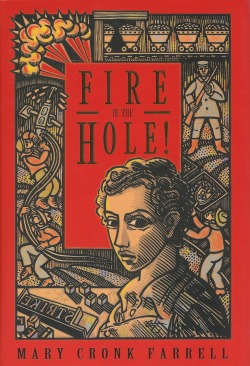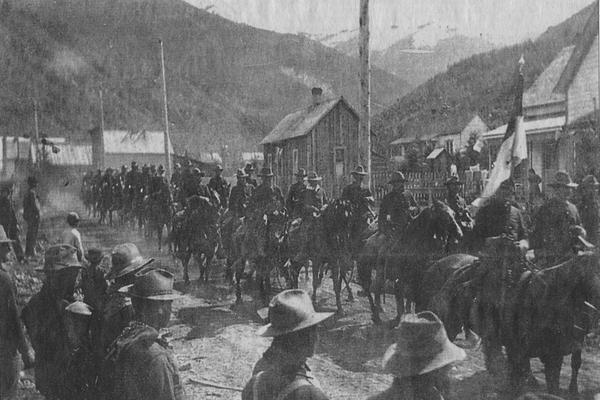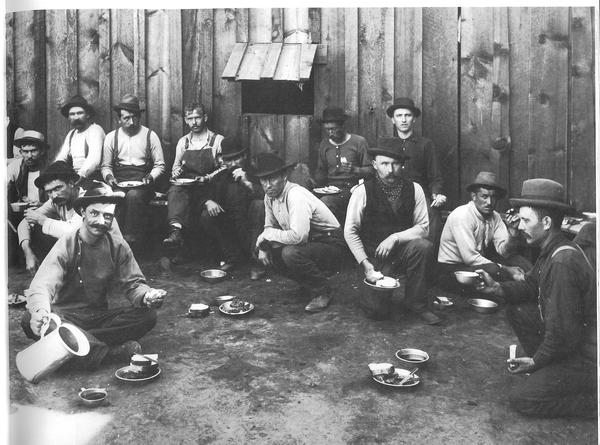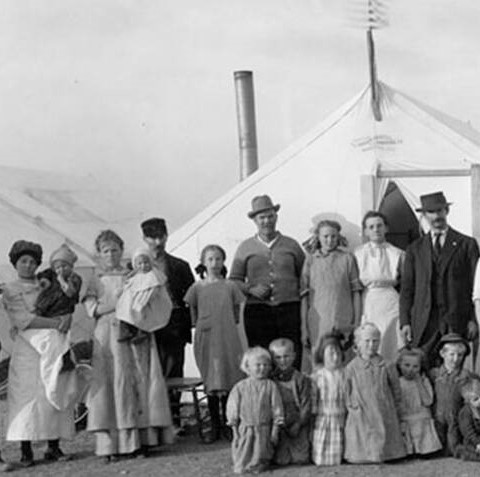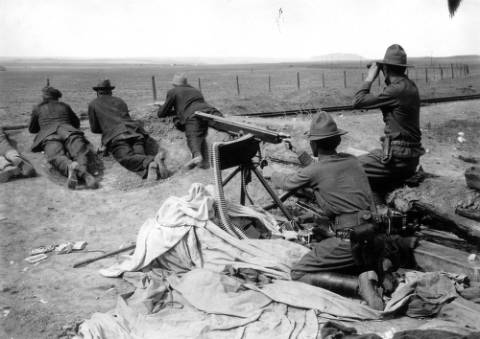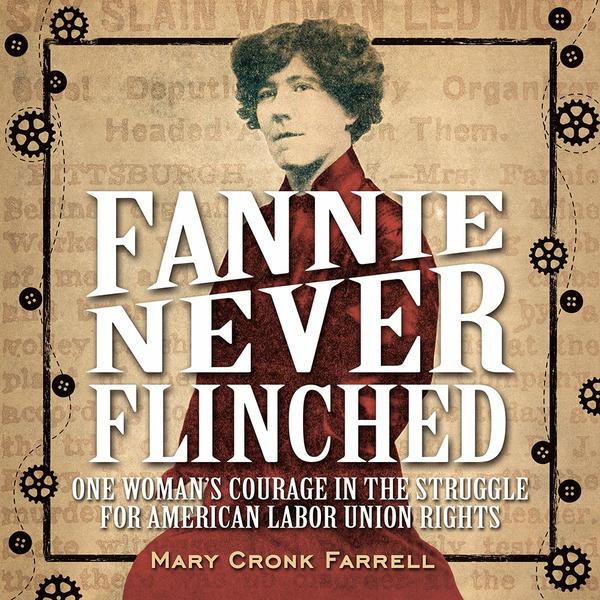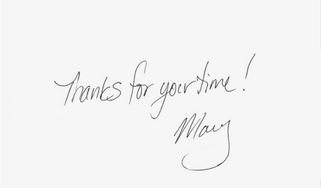November 22, 2024 Hello , I'll tell you the truth. I'm cutting my break short because I need to write. I need to be in touch with you. It's hard for me to get up in the morning. I wake up and it's only a moment or two before I
remember that America voted for a president who was crystal clear he would suspend the constitution and rule as a dictator. I'm filled with dread and my body feels heavy and lethargic. For a moment I think I don't have the strength to deal with this. I'm scared. Then I realize if I don't get up and work to resist authoritarian rule, he has already won. So I get up. I find other people and organizations that have a plan and are already fighting for justice. It feels so good to connect with others who feel the same fear for innocent refugee children, for trans people and librarians, for God's sake! The 2025 Presidential Transition Plan calls for imprisoning librarians who provide teenagers with books the MAGA folks don't like. But what scares me most is the plan to use American armed forces to handle domestic issues. You think I'm over-reacting? You think this is an empty threat that could never happen? Then
you have not read my books. It's happened before. I'll briefly recount a couple examples of when US soldiers turned their guns on "undesirable" groups of people in America. It's difficult to read, but afterward I'll share some ideas about where we go from here.
My novel Fire in the Hole! is based on true events in the Coeur d'Alene Silver Mining District in 1899, when President William McKinley sent federal troops to quell a miners' strike after dynamite ripped through an ore concentrating mill.
US cavalry rides into Wardner, Idaho, to quell a miners'
strike, April, 1889. Courtesy Spokesman Review. There was no evidence proving who was responsible for blowing up the Bunker Hill mill, so federal troops arrested every man they could find in the Coeur d' Alene Valley, home to five small mining towns.
At right of picture, US Army encampment, April, 1899. Center and left the "bull pen" housing some 600
men, Wardner, Idaho. Courtesy University of Idaho. Six hundred men were arrested, some suspects from as far away as Spokane, Washington. The local newspaper
editor was imprisoned and his printing press confiscated because his editorials criticized the treatment of the prisoners. With no due process, prisoners were
crammed into boxcars and warehouses until a “bull pen” could be built in the town of Wardner, ID.
Miners imprisoned with no due process. No evidence was ever presented any of them was connected to the
dynamite explosion at the Bunker Hill ore concentrating mill, Wardner, ID, 1899. Authorities gradually released some of the men the next
month, but 150 remained in the stockade for six months. Prosecutors never produced one shred of evidence connecting any of the imprisoned men to the explosion. The
Bunker Hill mining company rebuilt the mill within six months and resumed mining with non-union laborers. In the early 20th Century, it was standard practice for the
federal and state governments to ally with corporations in labor disputes. One example is what has become known as the Ludlow Massacre during a 1914 United Mine Workers Strike in Colorado. When men went on strike, the mining company evicted their families from company-owned homes. They moved into tents for the duration, forming three encampments. The largest held about 1,200 families, many of them Greek and Italian immigrants
Striking miners and their families at their tent camp in Ludlow, Colorado, 1914. Violence could erupt during union strikes as the non-union workers crossed the picket line and as the dispute wore on, tempers flared between both union members and company men. In Ludlow, John D. Rockefeller, owner of the Colorado Fuel and Iron Company hired armed detectives to
infiltrate the union and break the strike. He contributed money to the state to deploy the Colorado National Guard. Soldiers encircled the tent camp, Sunday, April 19, 1914 and set up snipers and a machine gun on an over-looking bluff. It seems nobody knows who fired the first shot.
National Guard soldiers aim rifles and machine gun at mining families, Ludlow, CO, 1914,
For 14-hours soldiers exchanged shots with the union men, strafing the tents with rifles and machine gun fire, fortunately killing only one person, an 11-year-old boy. Many of the families retreated to dirt cellars under
their tents to hide from the bullets. As night fell, the National Guard troops soaked the tents in kerosene and set them on fire. In one cellar eleven children and two women were found burned and suffocated. In all, 25 people were killed during the Ludlow Massacre, 3 of
whom were National Guard troops and three were strike leaders executed by the troops. I'm not sharing these stories to scare you! But it is important to be clear-eyed about the dangers we face and come together to resist authoritarian government. We can turn to role models who've fought this fight before to show us the way.
Like my article today? Please forward to family and friends or share on your social media.
Where do we go from here?
My
research into the life of labor organize Fannie Sellins has shown me that we begin from a place of compassion. Courage and wisdom spring from a heart of compassion.
When
Fannie Sellins was asked by her garment workers union to travel the country and ask people for money to support the seamstresses on strike in St. Louis, she was afraid. She
had only a grade school education. She had no training or experience in fundraising or public speaking. She stood on the stage of a mine workers union hall, facing a crowd of men she'd never met. And she was afraid. Fannie cast her mind back home, she remembered the anxious faces of the girls at their sewing machines. Her heart filled with compassion for them, giving her the courage and strength to speak. "There should be a bond of sympathy between us," she told the miners, drawing their attention to all they had in common with the seamstresses. Fannie spoke from her heart about what they could accomplish working together and those men stomped and clapped. Some even got tears in their eyes. And they contributed from their meager budgets to support the garment
workers. Let's find the bond of sympathy between us! Here are some steps to take: --Find one or two people you can talk honestly with about how you're feeling. Don't catastrophize, share feelings and support one another where you are. --Figure out what is most important to you. Democracy? The freedom read? Protecting immigrants? Racial justice? Supporting LGBTQ+ people? Economic justice? Women's rights? --Seek others in your local community who are already engaged in work that supports the goals most important to you. -- Going to a meeting does not commit you to anything. Showing up matters. It helps others see they are not alone. --Find compassion for yourself and others. However you're meant to respond will spring from compassion.
I mentioned in my last newsletter that I've been attending zoom meetings offered by Showing up for Racial Justice. They have over 100 meetings scheduled across the country in the following days. I'm drawn to working with this group because they have a plan.
They've been organizing around issues I care about since 2009. They use scientifically proven methods, offer good training and excellent data and information. Find out more about what they're doing here: https://mobilize.us/s/m9U9gA Women's March is building a base of feminists to end sexism, sexist exploitation, and oppression. This group also
established Digital Defenders. Spread truth, Not lies. Join the largest formation of trained activists fighting disinformation in the country today. A long-time
subscriber recommends The Brennan Center. This group is a nonpartisan law and policy institute, striving to uphold the values of democracy. They craft innovative policies and fight for them in Congress and the courts. Indivisible offers practical strategies, tactics and tips for how ordinary Americans can oppose the MAGA agenda. Heather Cox Richardson writes the newsletter Letters from an American. She chronicles today’s political landscape. You can’t get a grip on today’s politics without an outline of America’s Constitution, and laws, and the economy, and social customs. This newsletter explores what it means, and what it has meant, to be an American.
The American Civil Liberties
Union offers ways you can take action now, depending on whether you have a few minutes, a little time, or going all the way. People Power is ACLU's grassroots army. They work with volunteers and supporters in every corner of the country to defend civil liberties and civil rights. Let me know how you're doing. How are you coping? Do you have
suggestions?
Follow me on social media
This newsletter is a reader-supported publication. To support my work, consider becoming a paid subscriber.
Read
a great book? Have a burning question? Let me know. If you know someone who might enjoy my newsletter or books, please forward this e-mail. I will never spam you or sell your email address, you can unsubscribe anytime at the link below. To find out more about my books, how I help students, teachers, librarians and writers visit my website at www.MaryCronkFarrell.com. Contact me at MaryCronkFarrell@gmail.com. Click here to subscribe to this newsletter. |
|
|

